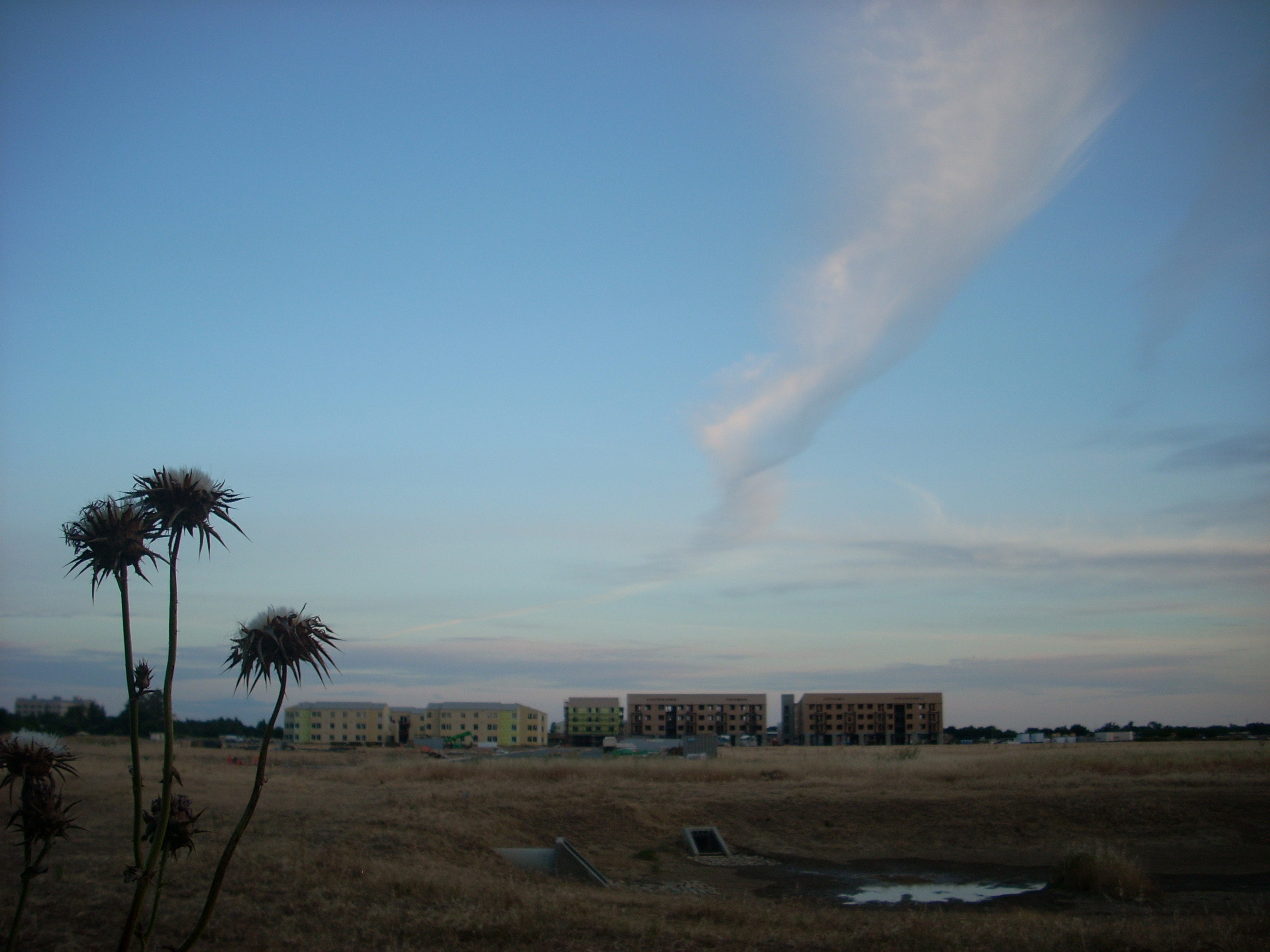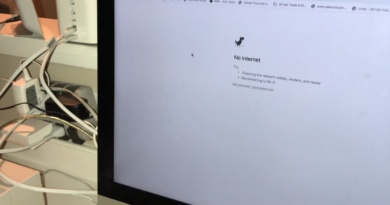The community college choice
Though the DHS campus can sometimes seem awash in Stanford burgundy, CalTech orange and UC Berkeley navy and gold, many DHS students are instead choosing to attend local community colleges. Their reasons? Dramatically lower costs, a smoother transition between high school and college, and a chance to transfer to a four-year college.

“Since the economic turndown, my family thought it’d be a good idea I start out at a community college and then transfer to a four-year,” DHS graduate Ivanna Pincilotti said. She will be attending the Davis Center of Sacramento City College this fall. “Most of the people I know are going to community college…They don’t want to become in debt or have problems financially later on.”
Community college also gives students who struggled at DHS an alternative route into a four-year college. “I didn’t too well in school,” said DHS graduate Liz Losson, who will also be attending the Davis Center this fall. “I didn’t try hard enough, so it was the best option.”
Community colleges, with student bodies usually smaller than that of large-scale universities, can also often offer more one-on-one attention. “I had teachers that really were teaching, and really into making sure people were learning,” said art teacher Doug Wright, a former Los Altos Community College student. He compared his experience to that at a University of California campus, where “they give you the information, and it’s up to you what you do with it. At the [community college], they really take care of you.”
However, community college does not come without its losses.
Both current and former community college students have noticed the attitude towards community colleges in Davis can at times be negative.
“I’ve noticed, in Davis,… it’s almost like you hear about people going to a community college, and it’s almost like people are whispering it,” Wright said.
While community college can help some students make the academic transition into a four-year college easier, some find it hard making the social transition.
“The students who transfer feel less engaged in the community,” said Don Palm, the dean of the Davis Center. “They’re kind of being dropped into it.”
However, Palm believes the financial and academic benefits far outweigh any awkward social transitions.
“It gives you access at a fairly low price, to a tremendous range of possibilities,” said Palm. Palm cited the Davis Center’s unique trade programs, such as water management, a high-demand job in Yolo County, and air traffic controlling, which can eventually lead to a job of $60,000 to $80,000 a year, according to Palm.
Cecilio Padilla, a former Davis Center student who currently attends UC Davis, found it difficult dealing with the lack of structured community while attending Davis Center, since students do not eat or sleep on campus. “At a community college, you kind of have to [engage] more, since there’s not that kind of school spirit…At community college, people are there, but then they just go there for classes.”
Despite the lack of school spirit, Padilla enjoyed community college. He attributes his positive experience to his involvement on the staff of The Express, the Davis Center’s student newspaper, where he eventually became editor-in-chief.
“It’s really just what you put into it,” he said. “You just really have to get yourself involved.”


